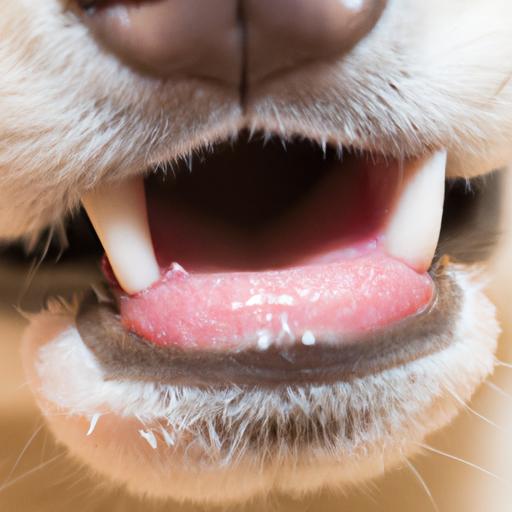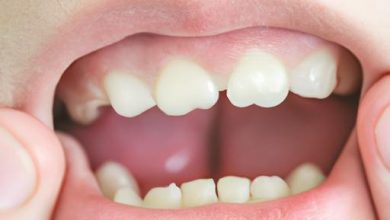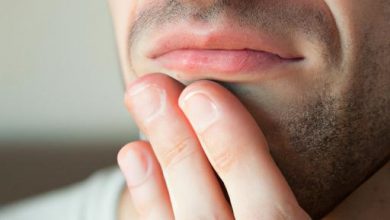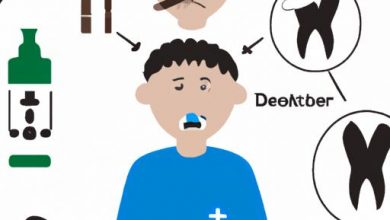What are the Signs of Dental Problems in Dogs?
As a dog owner, it’s your responsibility to ensure that your furry friend is healthy and happy. One aspect of your dog’s health that is often overlooked is their dental health. Dental problems can lead to pain, discomfort, and even serious health issues if left untreated. In this article, we’ll be discussing the signs of dental problems in dogs and how to prevent and treat them.
Common Dental Problems in Dogs

Dogs are prone to various dental problems, just like humans. Some of the most common dental problems in dogs include:
Periodontal Disease
Periodontal disease is a bacterial infection of the gums and teeth. This disease is caused by the buildup of plaque and tartar on the teeth, which can lead to inflammation and infection of the gums. Signs of periodontal disease include bad breath, swollen and bleeding gums, and tooth loss.
Broken or Fractured Teeth
Dogs love to chew on things, but sometimes they can chew on something too hard, leading to broken or fractured teeth. Signs of broken or fractured teeth include pain, bleeding, and difficulty eating.
Oral Tumors
Oral tumors are abnormal growths in the mouth that can be benign or cancerous. Signs of oral tumors include bad breath, drooling, and difficulty eating.
Gum Disease
Gum disease is an infection of the gums caused by the buildup of plaque and tartar on the teeth. Signs of gum disease include bad breath, swollen and bleeding gums, and tooth loss.
By understanding the common dental problems in dogs, you can better identify the signs of dental problems in your furry friend.
Signs of Dental Problems in Dogs
Dental problems in dogs can sometimes be difficult to detect, as dogs are good at hiding pain. However, there are several signs that may indicate dental problems in your furry friend. These signs include:
Bad Breath
Bad breath is a common sign of dental problems in dogs. If your dog’s breath smells foul, it could be a sign of dental disease, such as periodontal disease or gum disease.
Excessive Drooling
Excessive drooling can also be a sign of dental problems in dogs. If your dog is drooling more than usual, it could be a sign of pain or discomfort in their mouth.
Difficulty Chewing or Eating
If your dog is having difficulty chewing or eating, it could be a sign of dental problems. This could be due to broken or fractured teeth, gum disease, or other dental issues.
Swollen or Bleeding Gums
Swollen or bleeding gums are a common sign of dental problems in dogs. If your dog’s gums appear red, swollen, or bleed easily, it could be a sign of periodontal disease or gum disease.
Tooth Loss
Tooth loss is another sign of dental problems in dogs. If your dog has lost teeth, it could be due to gum disease, periodontal disease, or other dental issues.
Changes in Appetite or Weight
Dental problems can also cause changes in appetite or weight in dogs. If your dog is eating less or more than usual, or has lost or gained weight, it could be a sign of dental problems.
Prevention and Treatment of Dental Problems in Dogs
Preventing dental problems in dogs is essential for their overall health and well-being. Here are some ways to prevent and treat dental problems in dogs:
Regular Dental Check-Ups
Regular dental check-ups with your veterinarian can help detect dental problems early. Your veterinarian can perform a dental examination and recommend appropriate treatment if necessary.
Brushing Your Dog’s Teeth
Brushing your dog’s teeth regularly is another way to prevent dental problems. Use a toothbrush and toothpaste specifically designed for dogs to clean their teeth and gums.
Providing Dental Chews or Toys
Providing your dog with dental chews or toys can also help prevent dental problems. Chewing on these items can help remove plaque and tartar from their teeth.
Professional Dental Cleaning
Professional dental cleaning by a veterinarian is necessary for advanced dental problems. This procedure involves cleaning the teeth and gums under anesthesia.
Medications or Surgery for Advanced Dental Problems
In some cases, medications or surgery may be necessary to treat advanced dental problems in dogs. Your veterinarian can recommend appropriate treatment options based on your dog’s specific needs.
By taking preventive measures and seeking appropriate treatment for dental problems, you can ensure that your furry friend has healthy teeth and gums.
How to Maintain Good Dental Health in Dogs
Prevention is the best way to maintain good dental health in dogs. Here are some tips to help keep your dog’s teeth and gums healthy:
Proper Nutrition
A balanced diet is essential for your dog’s overall health, including their dental health. Feeding your dog high-quality food and avoiding sugary treats can help prevent the buildup of plaque and tartar on their teeth.
Regular Exercise
Regular exercise is not only good for your dog’s physical health but also for their dental health. Chewing on toys and bones can help keep their teeth clean and healthy.
Dental Hygiene Routine
Just like humans, dogs need regular dental hygiene. Brushing your dog’s teeth at least twice a week can help prevent dental problems. You can use a soft-bristled toothbrush and dog toothpaste to clean your dog’s teeth.
Avoiding Harmful Habits
Dogs love to chew on things, but some objects can be harmful to their teeth. Avoid giving your dog hard objects like bones or antlers, which can lead to broken or fractured teeth. You should also avoid giving your dog sugary treats, which can contribute to the buildup of plaque and tartar on their teeth.
Conclusion
In conclusion, dental problems in dogs are common, but they are preventable and treatable. Early detection and treatment of dental problems are crucial to your dog’s overall health and well-being. We encourage all dog owners to schedule regular dental check-ups for their furry friends and to maintain good dental hygiene practices. At Zahnweiss Info, we are dedicated to providing the latest updates on dental health news, treatments, and therapies, inspiring patient stories, and expert advice to help you keep your dog’s teeth and gums healthy.




